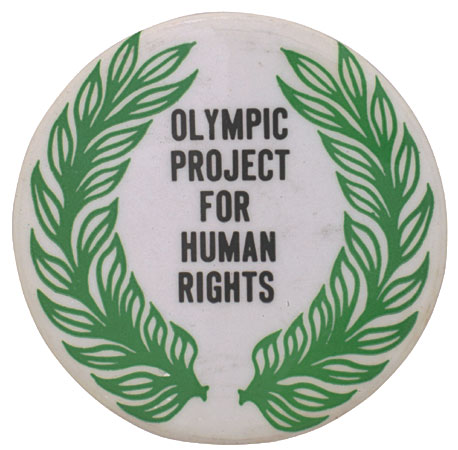Every community has those special places that just seem to draw neighbors together. A local hangout where people can talk, relax, and enjoy one another, with no fanfare or pretense.
Is your church on of those places?
‘Third Places’ are those gathering points within a community that are neither one’s home (your first place), nor one’s workplace (your second place), but the spaces we find ourselves in between (see: The Great Good Place). Healthy Third Places actively transcend cultural barriers by creating accessible, equitable spaces for people to meaningfully connect with one another. You don't need to look a certain way, you don't need a membership card, you don't even need to have much money. Just come and be yourself.
When done well, Third Places bring people together across traditional divides of race and class. People come on equal footing, allowing for authentic conversation and the building of trust. Then, as trust is formed, the foundations are laid for meaningful transformation to create an opportunity rich community that benefits all its residents, not just the privileged.
 Third Places are particularly important in diverse neighborhoods. Even (especially?) in communities with many cultural backgrounds, people tend to cluster among their own. This self-segregation leads to division, competition, and otherization. This in turn is the basis for the biases in hearts and minds of those in positions of power and influence. It is what shapes our own behaviors as we create and maintain the systems of injustice all around us.
Third Places are particularly important in diverse neighborhoods. Even (especially?) in communities with many cultural backgrounds, people tend to cluster among their own. This self-segregation leads to division, competition, and otherization. This in turn is the basis for the biases in hearts and minds of those in positions of power and influence. It is what shapes our own behaviors as we create and maintain the systems of injustice all around us.Third Places alone will not solve these issues, but they are a way to start. Because they create protected space for marginalized perspectives to be heard, they generate what is known as 'bridging' social capital, the sort of cross-cultural energy that is important for systemic change. Third Places are often found in the form of libraries, bars, barber shops, or parks. But what about the Church?
At their best, churches are welcoming and inclusive of all. We strive to be a complete Body of Christ, that is not made only of hands, but eyes and ears and feet as well! We know that we need the unique gifts of our many diverse members to truly live into our collective calling as Christ's hands and feet on this earth.
UM Church for All People has been identified as one of these uniquely diverse Third Places on the South Side of Columbus. In that setting, the focus that draws diverse people together is a belief in Jesus Christ and the koinonia community that is possible in Him. But Church for All People has also begun to explore how it might help create Third Places all over its community.
That is the vision behind the Roots Cafe that aspires to attract diverse, mixed-income residents to sit at table and share meals together. It's also the founding principle behind Bikes for All People, which bring together adults, children, and youth who cycle for fun, those who cycle for the exercise, those who cycle competitively, and those cyclists who depend on bikes as their primary means of transport to pay their bills and buy their groceries.
In a world of too much divide, will our churches be a part of the problem or part of the solution?
What would it look like for our churches to create Third Place both within and outside their walls?
After all, aren't we just preparing for that day we will all be in that ultimate Great Good Place together?
What to learn more? Join us October 22-24 at the All People Conference to explore how inclusive ministries can grow and thrive: www.4allpeople.org/allpeopleconference/
You can dive deeper into the sociological principles outlined above in Social Capital and Equitable Neighborhood Revitalization on Columbus’ Southside. Then, use this overview and discussion guide to help facilitate conversations and new ideas in your own church context.
discussion guid



